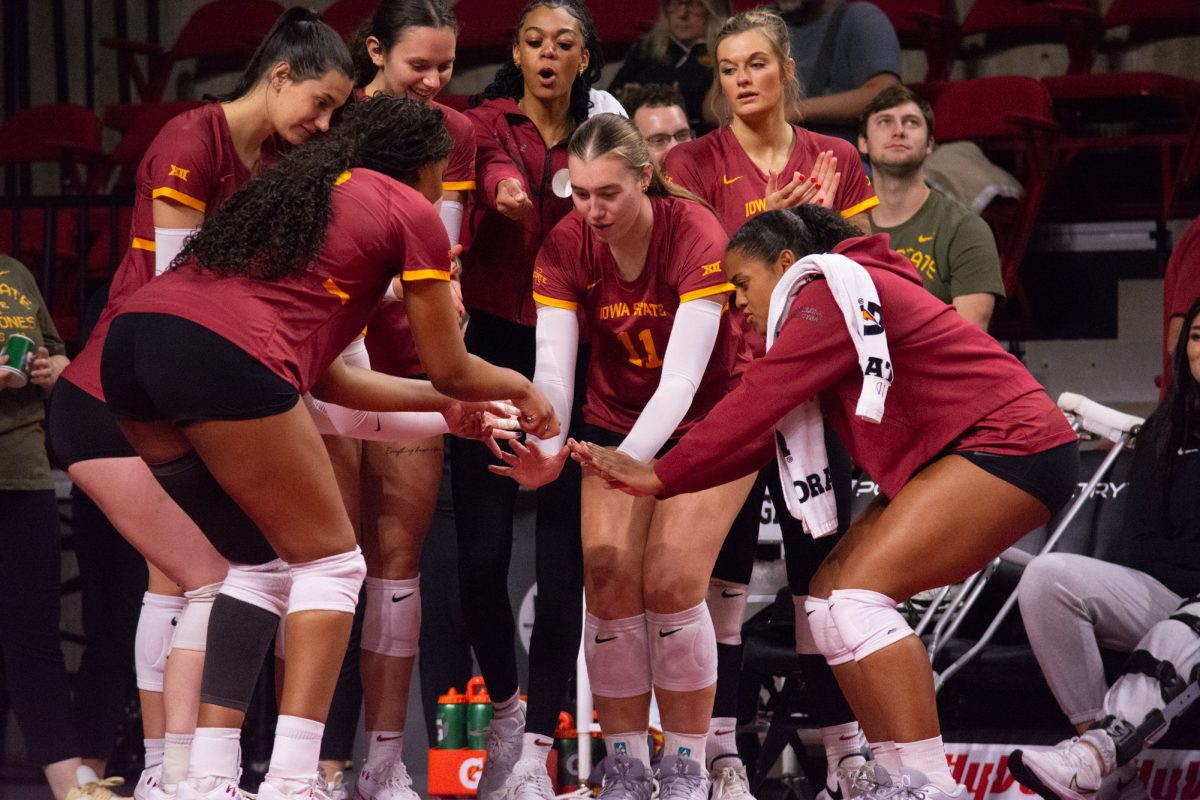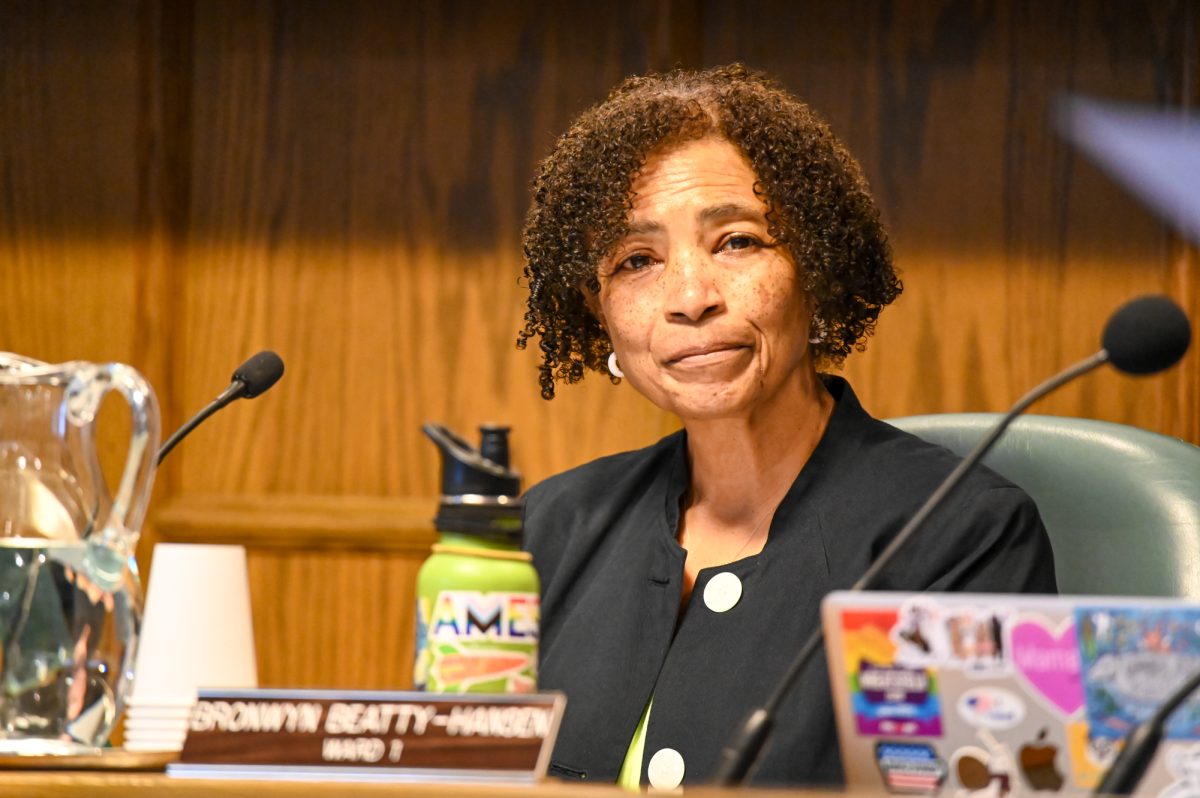COLUMN: Reparations for slavery inappropriate
July 21, 2003
An old, yet never dead, social mentality is once again infecting many Americans. The phrase “the sins of the father” may be used by many to suggest an individual is responsible only for his own sin, but now it is a phrase designed to “make them pay.”
In the Bible, Ezekiel 18 tells a story of a family whose members are quite opposite one another. Verse 14 reads, “Suppose this son has a son who sees all the sins his father commits, and though he sees them, he does not do such things.” It says, continuing in verse 17, “he will not die for his father’s sin; he will surely live.” The sins of the father do not correlate to sins of the son, but down on Earth, where forgiveness and closure is in short supply, the same standard may not apply.
It is difficult to understand, then, why there is a good number of Americans who would support reparations for slavery, an atrocity that occurred long ago.
Reverends Jesse Jackson and Al Sharpton may believe God does not hold the sins of the father against the son, but they apparently believe that they are free to blame whoever they please. At a rally last year, Nation of Islam leader Louis Farrakhan stated just late last year that “America owes black people a lot for what we have endured. We cannot settle for some little jive token. We need millions of acres of land that black people can build.” At the same rally at the National Mall, as reported by NBC news, Ms. Harrell-Miller, a protester, said “they owe us.” Hundreds of protesters had shirts printed that read “Can We Get Paid!”
It is ironic that these supporters of reparations are only interested in reparations for themselves. Atrocities have been committed by perhaps every culture in history. Slavery may have been one of the largest for Americans, but if reparations are needed, why shouldn’t we dig up every wrong done in history? I think the answer is simple, and I think for many who support reparations, it is exactly what is printed on their shirts at the protest: “Can We Get Paid!” It is too easy to think oneself a victim of another and blame everything that happens in your life on other people.
We are responsible for our own actions and have a responsibility to treat others with respect and equality. If neither individuals, nor the government, nor any corporation is guilty of slavery or has been for 150 years, then these entities are not responsible for giving millions of dollars to descendants of slaves. If the perpetrators and the victims were still alive, reparations would be both needed and just. But no man is indebted to another whose great-great-great-great grandfather may have victimized his great-great-great-great grandfather.
This logic seems like common sense to most Americans, but unfortunately, there is a modicum of people who do not understand.
I would agree with a BBC report on the protests of last year, that “some conservative black Americans say the movement depicts black people as victims and is counter-productive in the struggle to oppose racism and give all modern Americans equal rights.” This notion is exactly right. As long as there are individuals shouting “they owe us,” representing “they” as white people and “us” as black people, there will not be complete racial harmony in America. This idea of “us” versus “them” is naturally and constantly divisive and demeaning to countless citizens.
The familiar arguments have been used. White people do not know what its like to be black, and black people do not know what its like to be white. I suppose that makes us all ignorant; we lack the experiences of the other.
It is time to put these aggressive views aside and focus on what needs to be done to bridge divides between peoples — white, black or otherwise. What we must do is work for equality; equal pay, equal respect, equal job opportunities, etc. What better way to further equality than to hold society to the same standard? We recognize the wrong in allowing influence because a person is white, and I am astounded by the extent to which both whites and blacks often support allowing influence because a person is black. Isn’t racial equality and racial influence the opposite? How can we be equal if we are allowed gain or loss based on our skin color?
In such a heated debate over such a heated topic, it is important for both sides of the issue to avoid the assumption that is strictly a black versus white argument. If every human treated every other with respect and equality regardless of race, rather than being concerned with only with our benefit, we would be a lot closer to the harmony for which we aspire.






